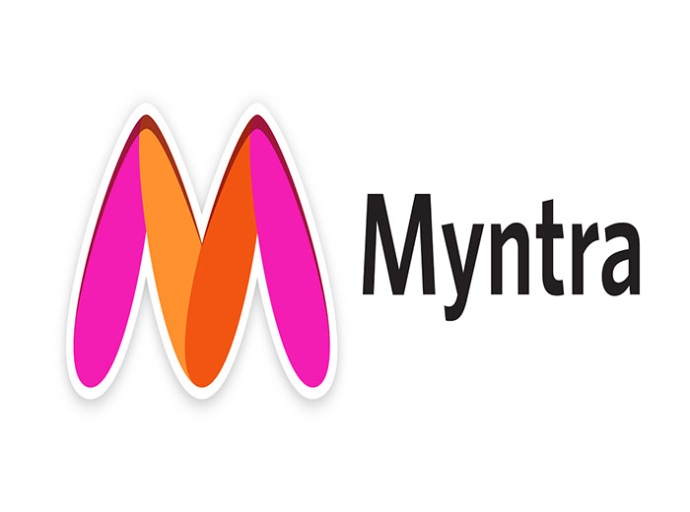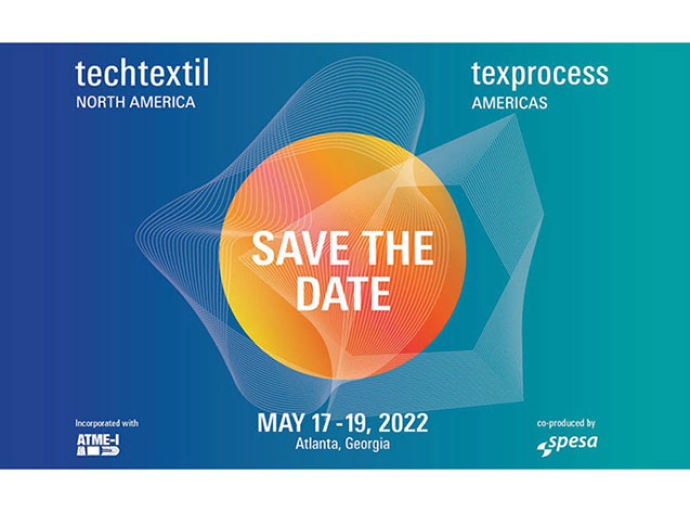25 November 2021, Mumbai:
The PERFORMANCE DAYS team deeply regrets having to cancel at short notice the physical edition of PERFORMANCE DAYS which was scheduled to take place on December 1-2, 2021 at the Messe München exhibition center.
Right up until today, the event organizers of PERFORMANCE DAYS were in the final stages of preparations for the fair. The goal of being able to realize a fully booked fair with a portfolio like in pre-pandemic times seemed to be within reach.

The political regulations agreed in Bavaria from November 19, 2021, and the heavily restricted constraints associated with an incidence of 1000 have far-reaching consequences for PERFORMANCE DAYS.
As a result of the current sharp rise in the number of infections in Munich, the planned winter edition must now be canceled as a precaution. The focus now is now completely on the digital fair on December 1 and 2, 2021.
All event organizers are now forced to continuously monitor and realistically evaluate the situation as it unfolds. The new measures are scheduled to come into effect in Munich from the middle of this week, which would lead to very short-term changes.
The organizers of PERFORMANCE DAYS, therefore, see themselves in the responsibility to enable a minimum of planning security as well as responsible handling of the given situation with this decision.
“Exceptional situations require exceptional decisions – making these all the more difficult.
After experiencing a very successful and surprisingly well-attended fair with the Functional Fabric Fair by PERFORMANCE DAYS in Portland, Oregon last week, we have tried everything possible up to the last moment and firmly believed that we would finally set a further positive milestone with the physical edition of PERFORMANCE DAYS in Munich.
We fulfilled all the requirements, updated our hygiene concept several times to comply with the dynamically changing measures and took all the necessary precautions for a safe event. Unfortunately, current developments do not allow us to host the trade fair event next week, since the undisputed top priority is the protection and health of our visitors.
Now our focus turns to the full implementation of the Digital Fair on December 1 and 2, 2021”, explains Marco Weichert, CEO of PERFORMANCE DAYS.
Complete Focus on digital platform
The PERFORMANCE DAYS team is now investing all its efforts into implementing the Digital Fair on December 1 and 2, 2021.
As part of THE LOOP, those interested have the opportunity as of now to view online the fabric innovations and news for the Winter Season 2023/24, this year’s Focus Topic “Sustainable Nylon” and the latest color trends.
In the Marketplace, visitors will be able to view the numerous exhibitor products, including the PERFORMANCE FORUM’s curated sustainable fabric highlights. In order to present the fabrics to visitors as realistically as possible in terms of feel, design, and structure in digital form, the PERFORMANCE FORUM has been equipped with new 3D technology, including innovative tools such as 3D images, video animations, and downloadable U3M files.
Throughout the Digital Fair, exhibitors and fair visitors can look forward to extensive networking opportunities.
For example, as part of the extensive digital supporting program on December 1, with various expert talks, discussion rounds, and speakers via Livestream, moderated by Charles Ross live from the studio.
On December 2, the “sustain & innovate” conference on this year’s Focus Topic “The Sustainable Future of Nylon” will kick off with discussions and panels, moderated by Astrid Schlüchter, Editor-in-Chief of SAZsport and SPORTS FASHION by saz.
(The news article has not been edited by DFU Publications staff) Dear Reader, we at DFU Publications are committed to providing the latest news updates on trade development and insights, to keep our readers informed. Stay tuned. Subscribe to our newsletter.
TOP 5:
2. Consumers will determine growth of sustainable fashion e-comm in India
3. Myntra to offer 1 mn styles from about 7,000 brands at the 'Big Fashion Festival'
4. Maharashtra government honors VIP as 'Best Innerwear Brand' for 2021-22
5. Nike strengthens retail presences with new store at DLF Mall of India,Noida

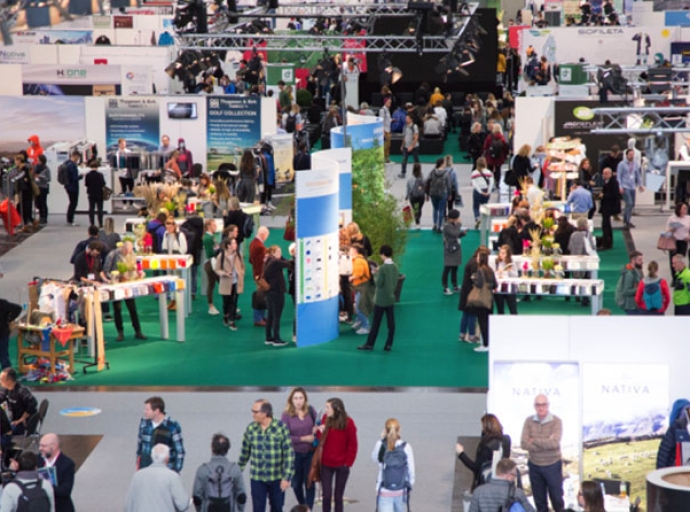
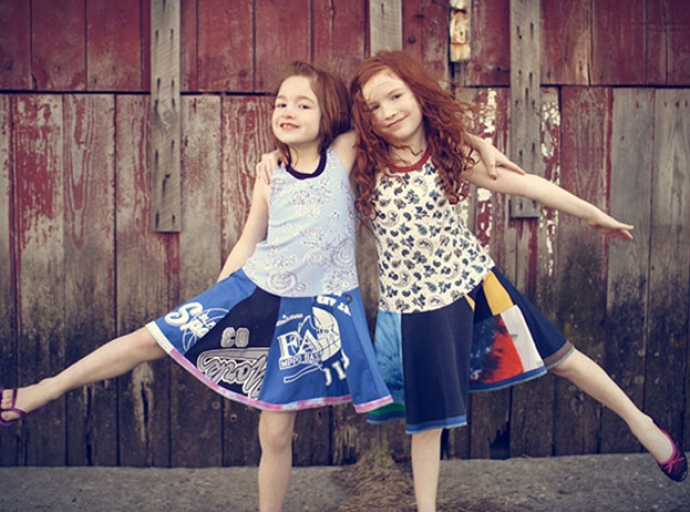

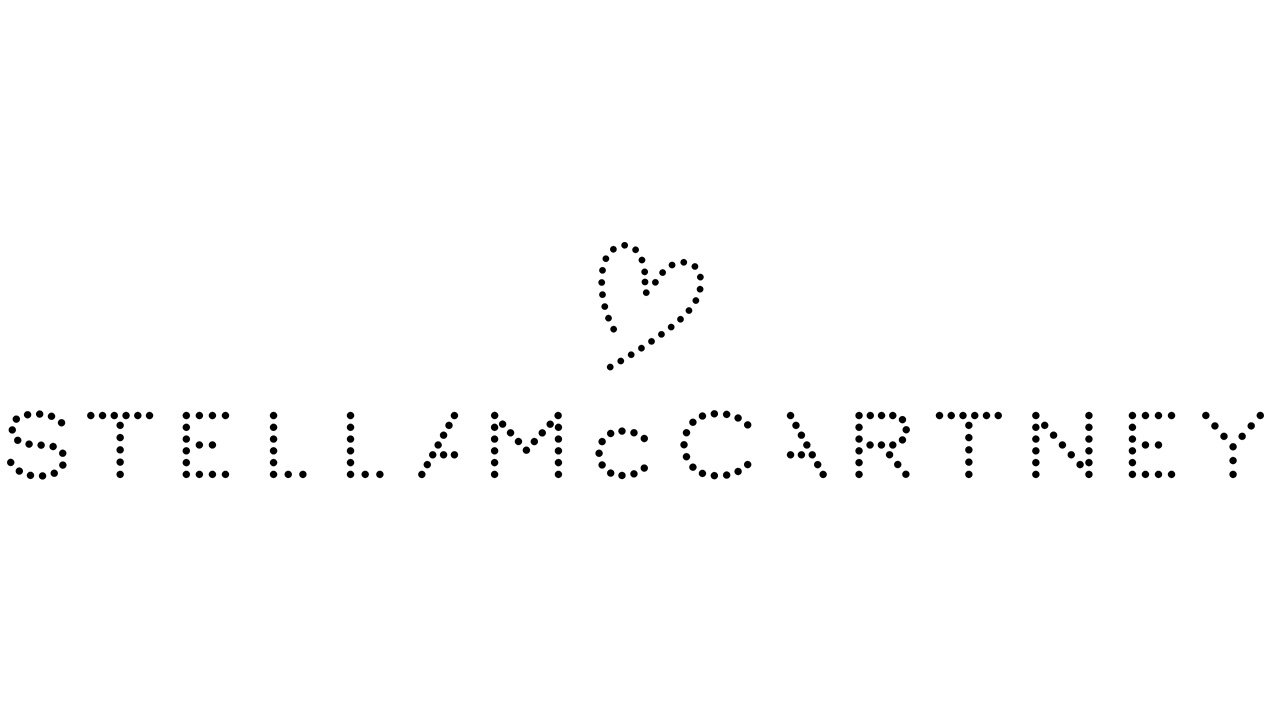
_thumbnail.jpeg)

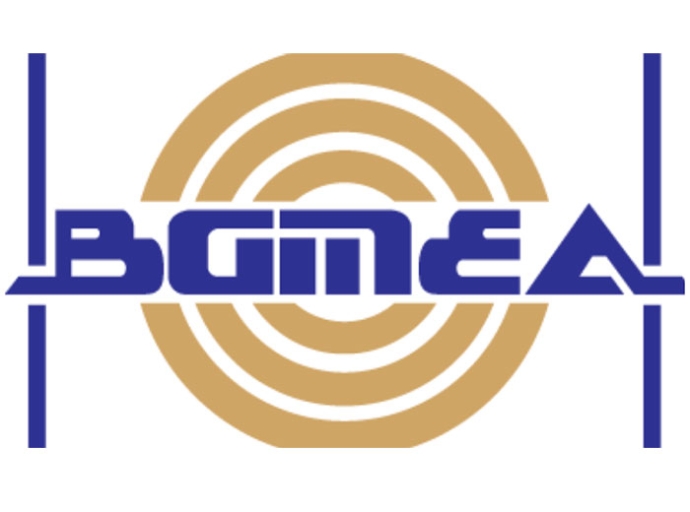
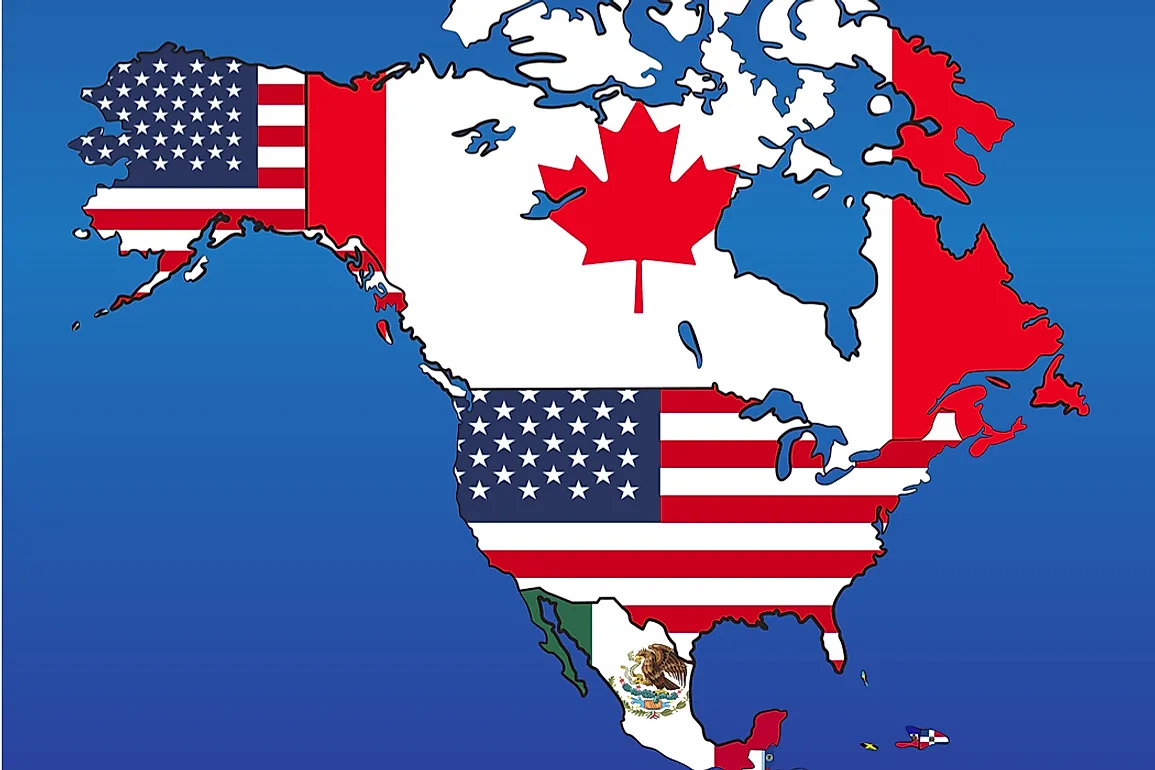
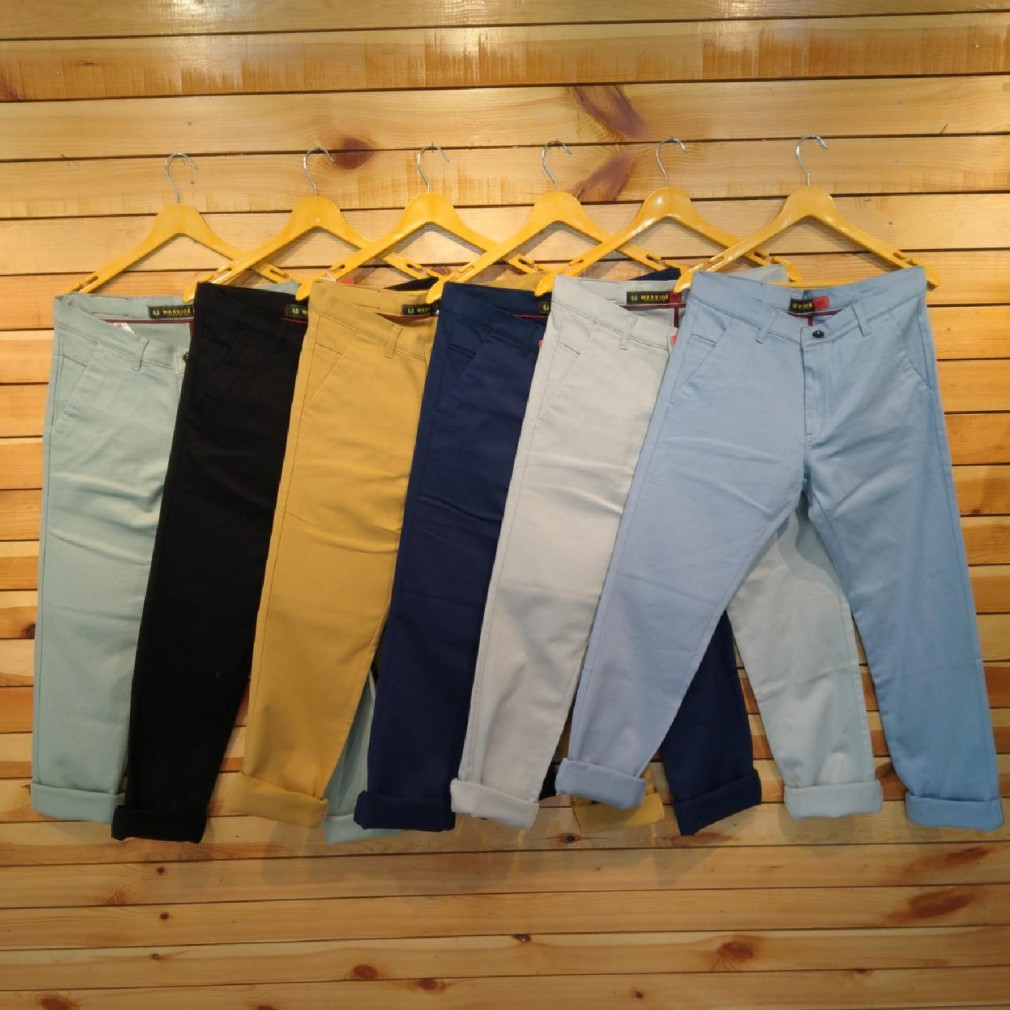
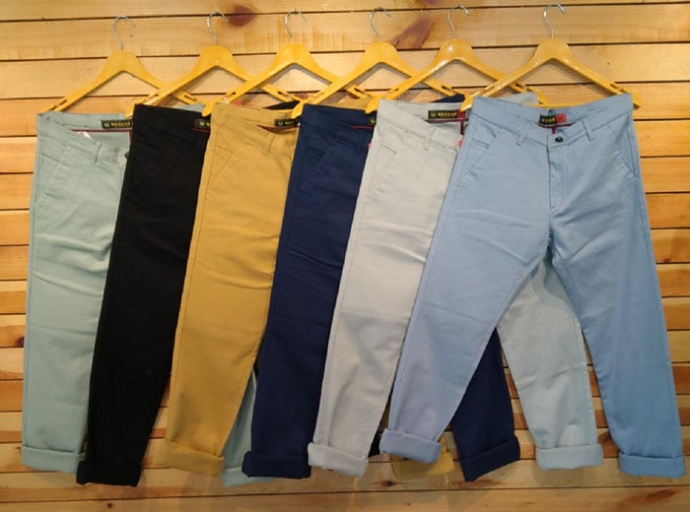

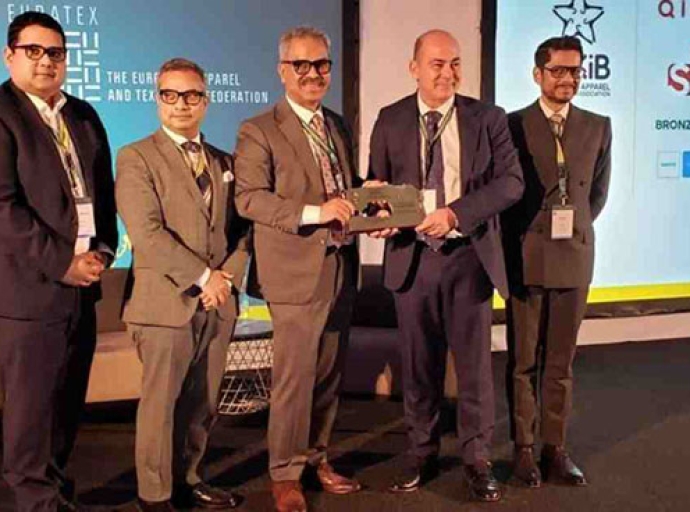



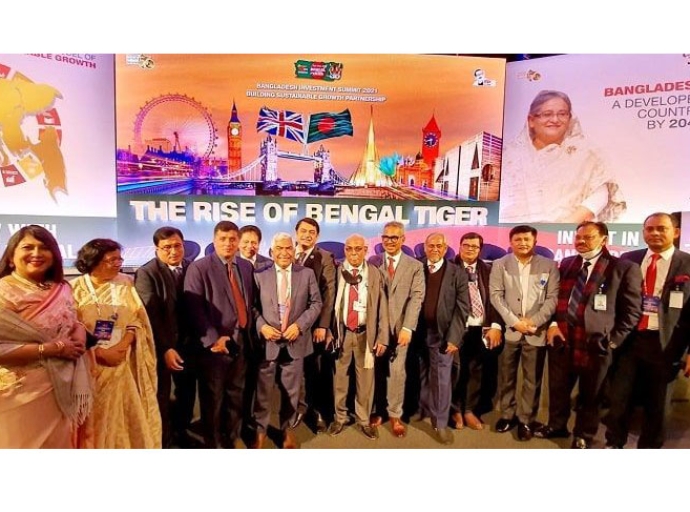
,-%E2%80%98%E2%80%99Vision-For-Apparel-Diplomacy%E2%80%99%E2%80%99_large.jpg)

,-‘’Vision-For-Apparel-Diplomacy’’_thumbnail.jpg)


_thumbnail.jpeg)
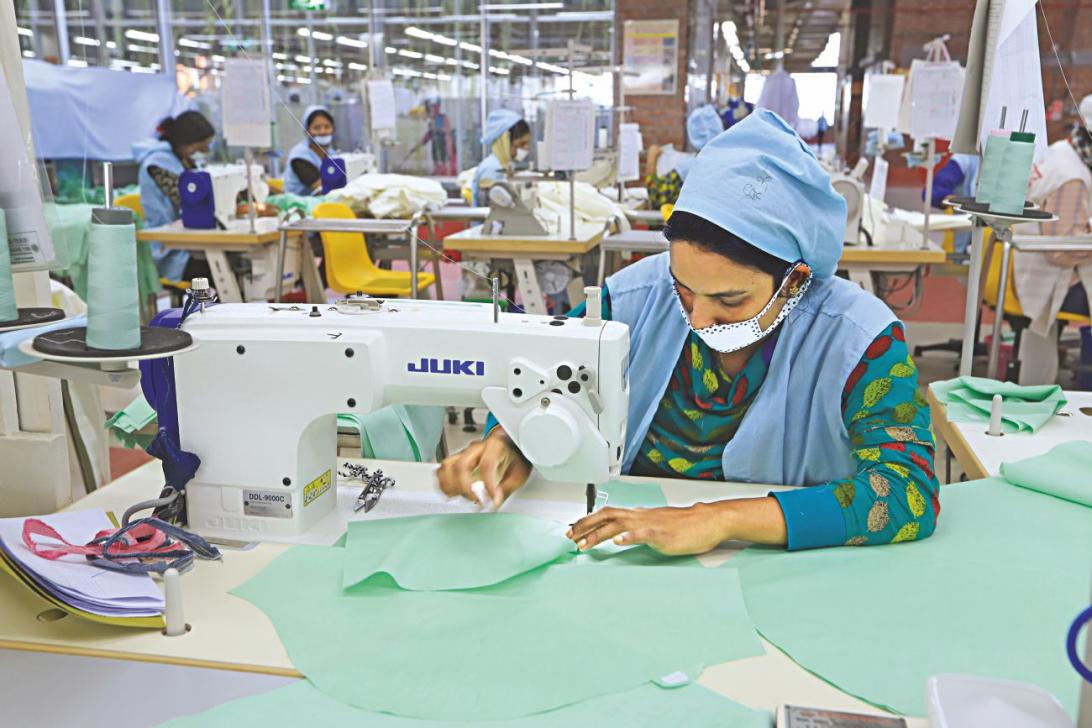


_thumbnail.jpeg)

_thumbnail.jpg)
